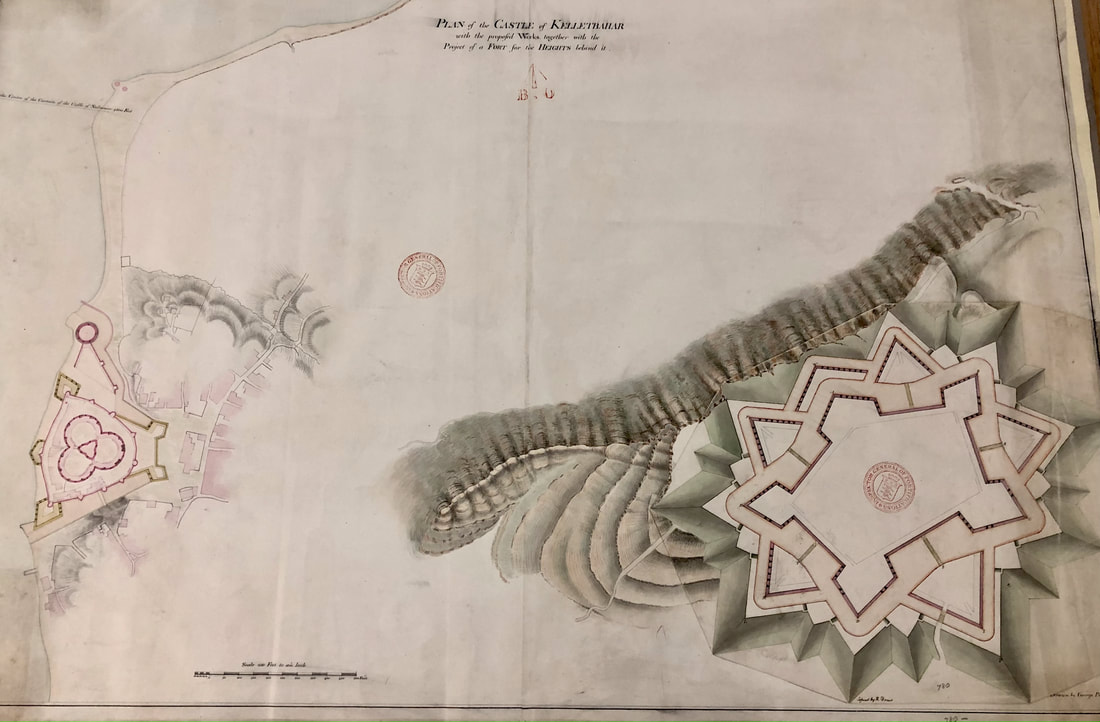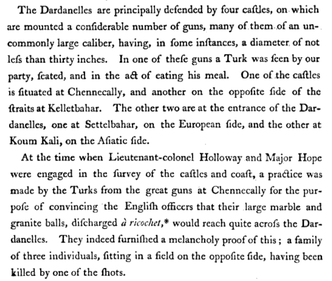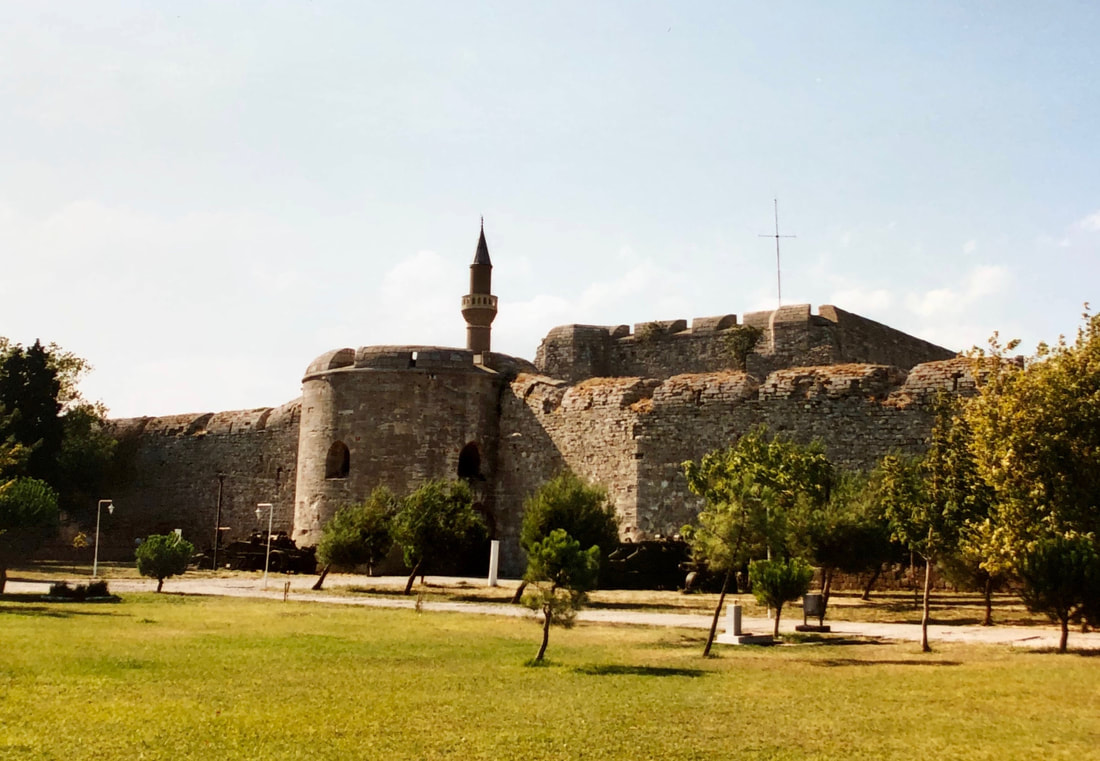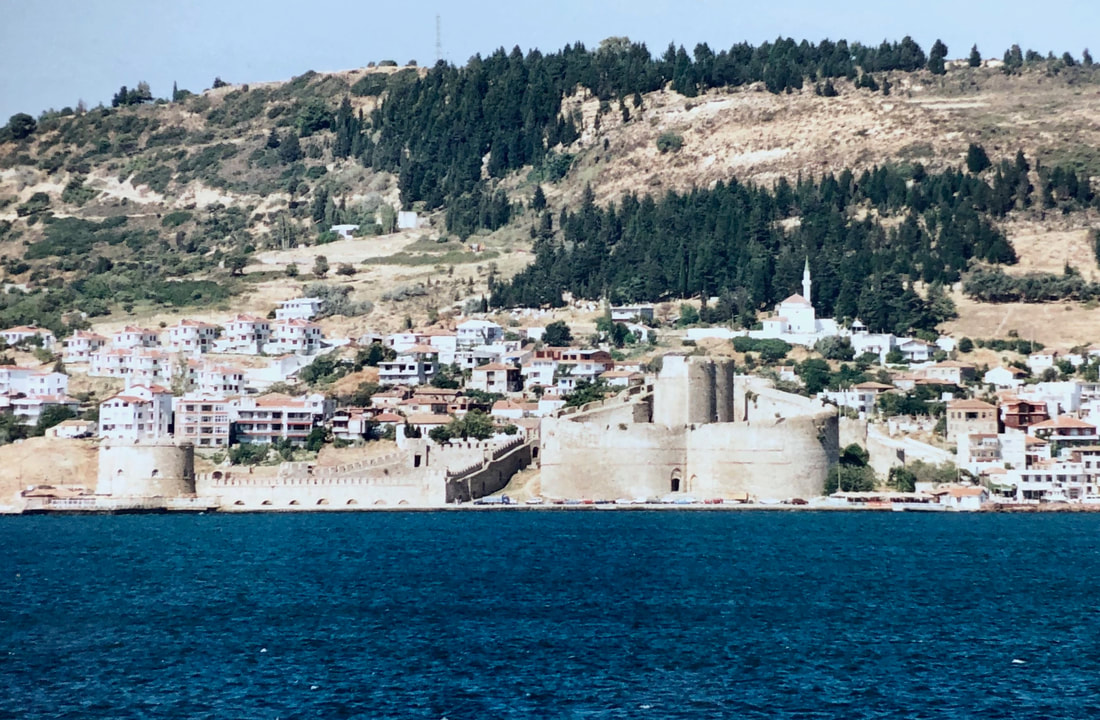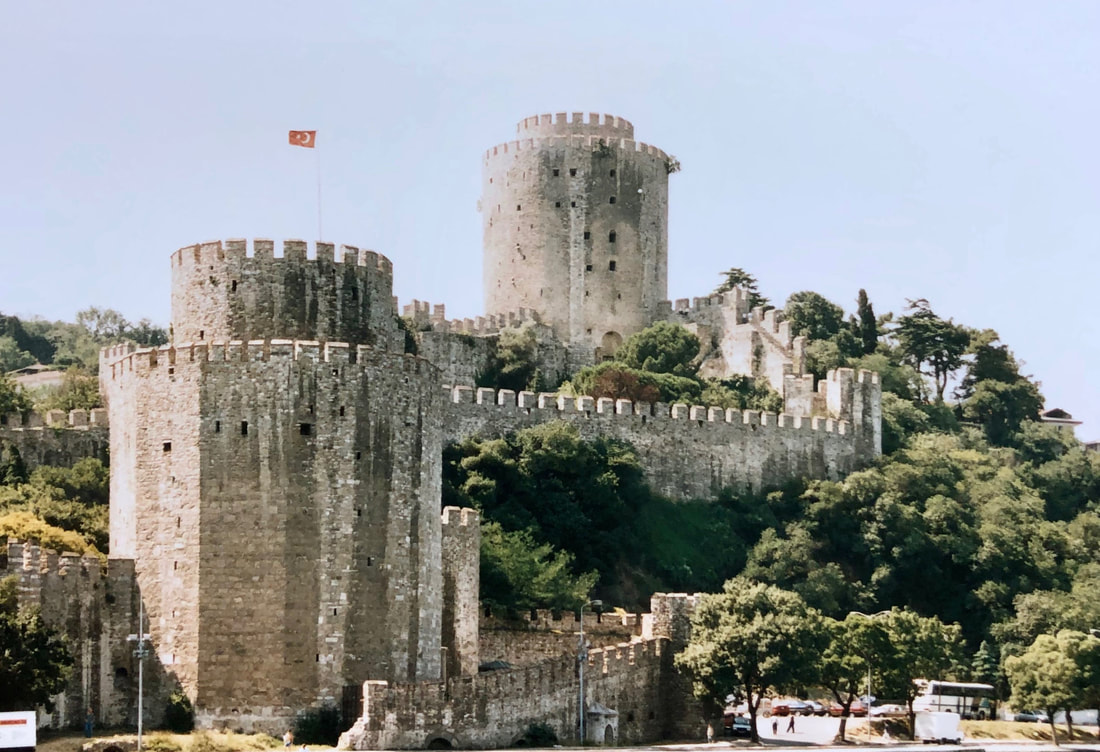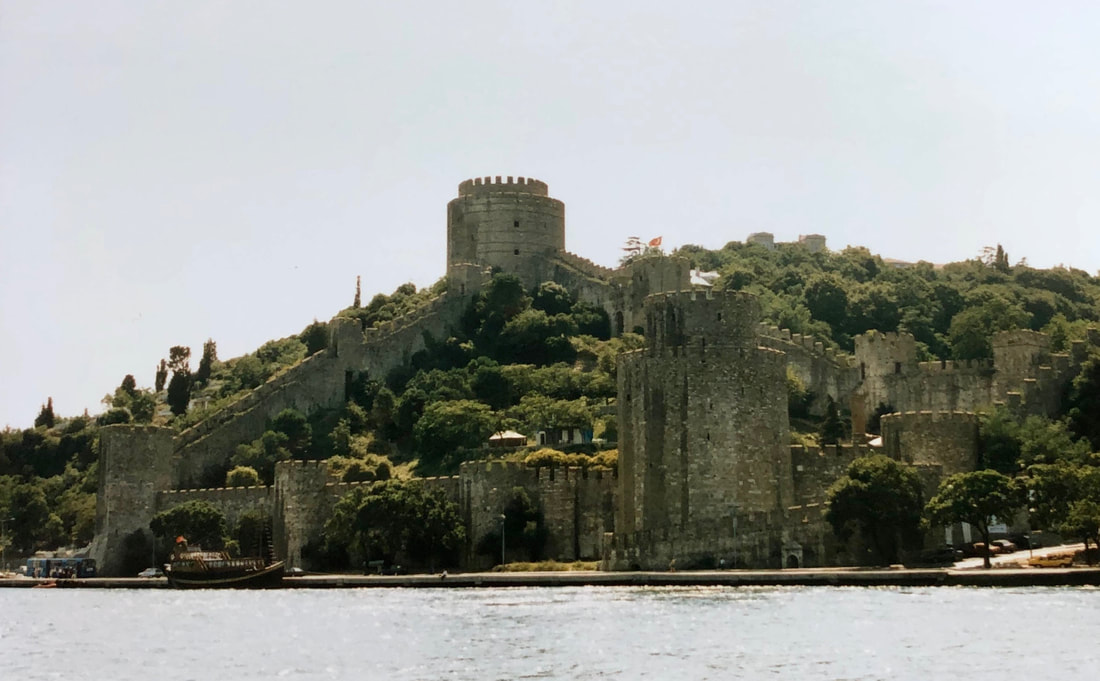- Home
- About
-
Travel
-
Features
- Dyrrachion1081
- Normans in the Balkans
- Manolada 1316
- Kosovo 1389
- Castles on the Danube
- Late Medieval Bosnian Army
- Doboj 1415
- Wallachian and Moldovan troops of the Napoleonic wars
- Anchialos 917
- Slovenian Borderlands
- The Zadruga and the Military Border
- Cretan War in the Adriatic
- Salonika 1916
- Uskoks of Senj
- Siege of Klis 1537
- Eugene in the Balkans
- Moldavian Surprise 1711
- Austro-Turkish War 1737-9
- Militargrenze
- Invading Ottoman Turkey
- Siege of Ragusa 1814
- Russo-Turkish War 1806-12
- Serbian Uprising 1815
- Ali Pasha
- Ottoman Army 1826
- Aleksinac 1876
- Shipka Pass
- Slivnitsa 1885
- Romanian Army 1878
- Austrian forts 19thC
- Kumanovo 1912
- Catalca Lines
- Adrianople 1912-13
- Kajmakcalan 1916
- The other 1918 campaign
- Macedonia air war WW1
- War of the Stray Dog
- Royal Yugoslavian armed forces
- Blunder in the Mountains
- Romanian SS
- Gebirgsjager in the Balkans
- Knights Move 1944
- Vis during WW2
- HLI in the Adriatic
- Adriatic Cruel Seas
- Dalmatian Bridgehead
- Cyprus 1974
- Transnistrian War
- Ottoman Navy Napoleonic wars
- Medieval Balkans
- Balkan lockdown quiz >
- Reviews
-
Armies
- Ancient Greeks
- Pyrrhic army of Epirus
- Dacian wars
- Goths
- Late Roman
- Comnenan Byzantine Army
- Normans
- Serbian medieval
- Albanian medieval
- Wallachian medieval
- Bosnian Medieval
- Catalan Company
- Polish 17C
- Austrian Imperialist
- Ottoman
- Austrian 18thC
- Russian Early 18thC
- Ottoman Napoleonic
- Greek Revolution
- 1848 Hungarian Revolution
- Russian Crimean war
- Romanian Army of 1877
- Ottoman 1877
- Russian 1877
- Balkan Wars 1912-13
- Macedonia WW1
- Greece WW2
- Italian Army WW2
- Gebirgsjager WW2
- Hungary WW2
- Turkey WW2
- Soviet Union WW2
- Bulgaria WW2
- Turkish Korean War Brigade
- Balkan Wars 1990s
- Links
- Books
A Napoleonic invasion of Ottoman Turkey
A couple of threads got me thinking about the prospects of a successful invasion of the Ottoman Empire during the Napoleonic period.
Jonathan Spencer's fictional trilogy set during the run-up to Napoleon's Egyptian expedition reminded me that Britain did not know the final destination of the fleet assembled in the ports of southern France. The options included a sweep north to invade Britain, Naples, Sicily, Istanbul, or Constantinople as the western powers still described the city.
I was also doing some research in the National Archives. I came across a massive drawing by George Pink, completed in 1799, of the castle at Kelletbahar, which appears to be the English spelling of Kilitbahir, one of the castles defending the Dardanelles. William Wittman, in his book ‘Travels in Turkey, Asia-Minor, Syria, and Across the Desert Into Egypt During the Years 1799, 1800, and 1801, in Company with the Turkish Army, and the British Military Mission’(London, 1803), spells it this way. The plan is interesting in that it is a plan of the castle and projects a new fortress on the heights above the castle. He was a Royal Artillery doctor serving with a military mission to the Army of the Grand Vizier. This mission was part of the British support to the Ottoman Empire that ended with the successful Egyptian campaign of 1801. I hadn't realised that the British advisers, including Colonel Holloway, had been with the Ottoman army for a couple of years before that campaign.
Jonathan Spencer's fictional trilogy set during the run-up to Napoleon's Egyptian expedition reminded me that Britain did not know the final destination of the fleet assembled in the ports of southern France. The options included a sweep north to invade Britain, Naples, Sicily, Istanbul, or Constantinople as the western powers still described the city.
I was also doing some research in the National Archives. I came across a massive drawing by George Pink, completed in 1799, of the castle at Kelletbahar, which appears to be the English spelling of Kilitbahir, one of the castles defending the Dardanelles. William Wittman, in his book ‘Travels in Turkey, Asia-Minor, Syria, and Across the Desert Into Egypt During the Years 1799, 1800, and 1801, in Company with the Turkish Army, and the British Military Mission’(London, 1803), spells it this way. The plan is interesting in that it is a plan of the castle and projects a new fortress on the heights above the castle. He was a Royal Artillery doctor serving with a military mission to the Army of the Grand Vizier. This mission was part of the British support to the Ottoman Empire that ended with the successful Egyptian campaign of 1801. I hadn't realised that the British advisers, including Colonel Holloway, had been with the Ottoman army for a couple of years before that campaign.
|
His book understandably focuses on medical aspects. In the irritating habit of British officers of the period, there was more commentary on food and who they met than military matters! On the subject of fortifications, he gives us the less than helpful comment; “They have an ancient proverb which says, that ‘it beholds the infidel to build, and to mussulmen to take them’. He suggests that this may once have been true, but not in the current state of the Turkish empire. However, he is much more complimentary about the Turkish Navy. He did sail with the army down the Dardanelles and was becalmed for three days in the Sea of Marmara opposite Gallipoli. They anchored at ‘Chennecally’, which I assume is modern Çanakkale, as he references the castle and surrounding area. He also mentions a survey of the four castles defending the Dardanelles undertaken by Colonel Holloway. Sadly, the author spent more time removing ancient remains near Troy, in the style of Lord Elgin!
From these notes, I think it is reasonable to assume that the plans in the National Archives are part of the proposals drawn up by the British to strengthen the defences of the Dardanelles. Wittman says that the Grand Vizier approved them. However, as my photograph shows, I don't recall seeing any evidence of the new fortress when I visited the site. Although I might have missed a more modern fort in the trees.
|
While the British were assisting with the defences of Istanbul, others were suggesting ways it could be captured, although more likely by the Russians. The Prussian Major-General Baron von Valentini wrote a book ‘Military Reflections on Turkey in 1820’. I have an English translation in 1828 published by the much-missed Pallas Armata booklets in 1995. He sets out in some detail how an army of 200,000 could capture Istanbul and take much of Asia Minor. The primary force would be 50,000 strong with a detached column on the coast of 30,000. The remaining troops are for garrisons and reserves.
He proposed a direct line of march to Istanbul, containing the fortresses on the Danube and Adrianople (Edirne), supported by a naval attack from the Black sea, which would land at Scutari. He argues that the castles defending the Bosphorus could be reduced by naval fire.
He proposed a direct line of march to Istanbul, containing the fortresses on the Danube and Adrianople (Edirne), supported by a naval attack from the Black sea, which would land at Scutari. He argues that the castles defending the Bosphorus could be reduced by naval fire.
Wittman refers to the Turkish gunners practising with heated shot, which suggests they may have been better prepared than the Baron thought! He was not impressed by the defences of Istanbul itself, which he believed could be reduced by cutting off the water supply. His plan proposes an advance to the Sakarya River and then establishes a military border on the Austrian model. The Turkish War of Independence, some two centuries later, springs to mind when reading this plan!
So, a few interesting what-ifs in addition to the actual history. Of course, Napoleon didn't take on Istanbul and probably didn't have the naval resources to risk it. Ironically, the Russians might have followed the Baron's advice in their war against the Ottomans starting in 1808. However, Napoleon's invasion of Russian in 1812 forced them to seek a quick peace.
So, a few interesting what-ifs in addition to the actual history. Of course, Napoleon didn't take on Istanbul and probably didn't have the naval resources to risk it. Ironically, the Russians might have followed the Baron's advice in their war against the Ottomans starting in 1808. However, Napoleon's invasion of Russian in 1812 forced them to seek a quick peace.
